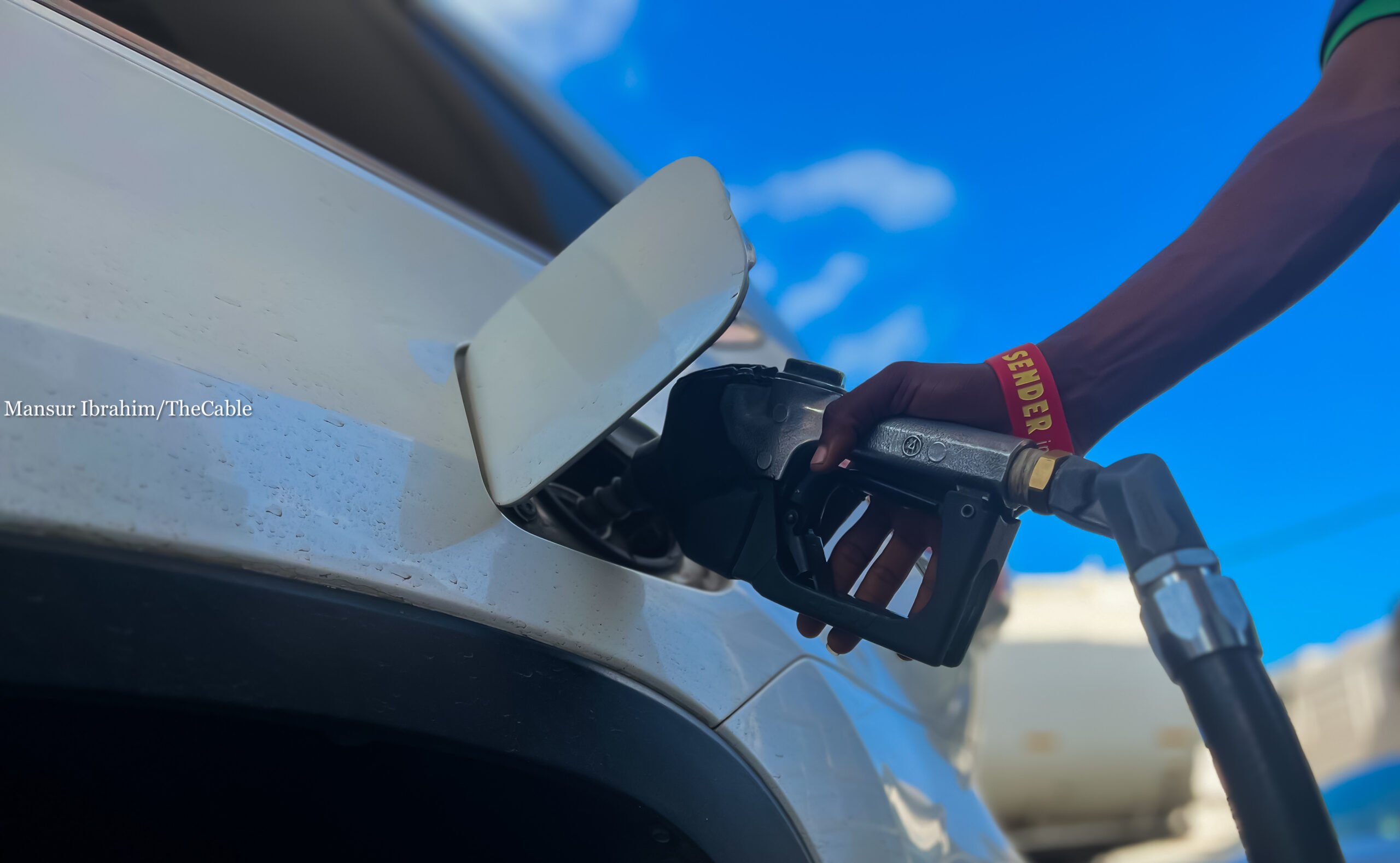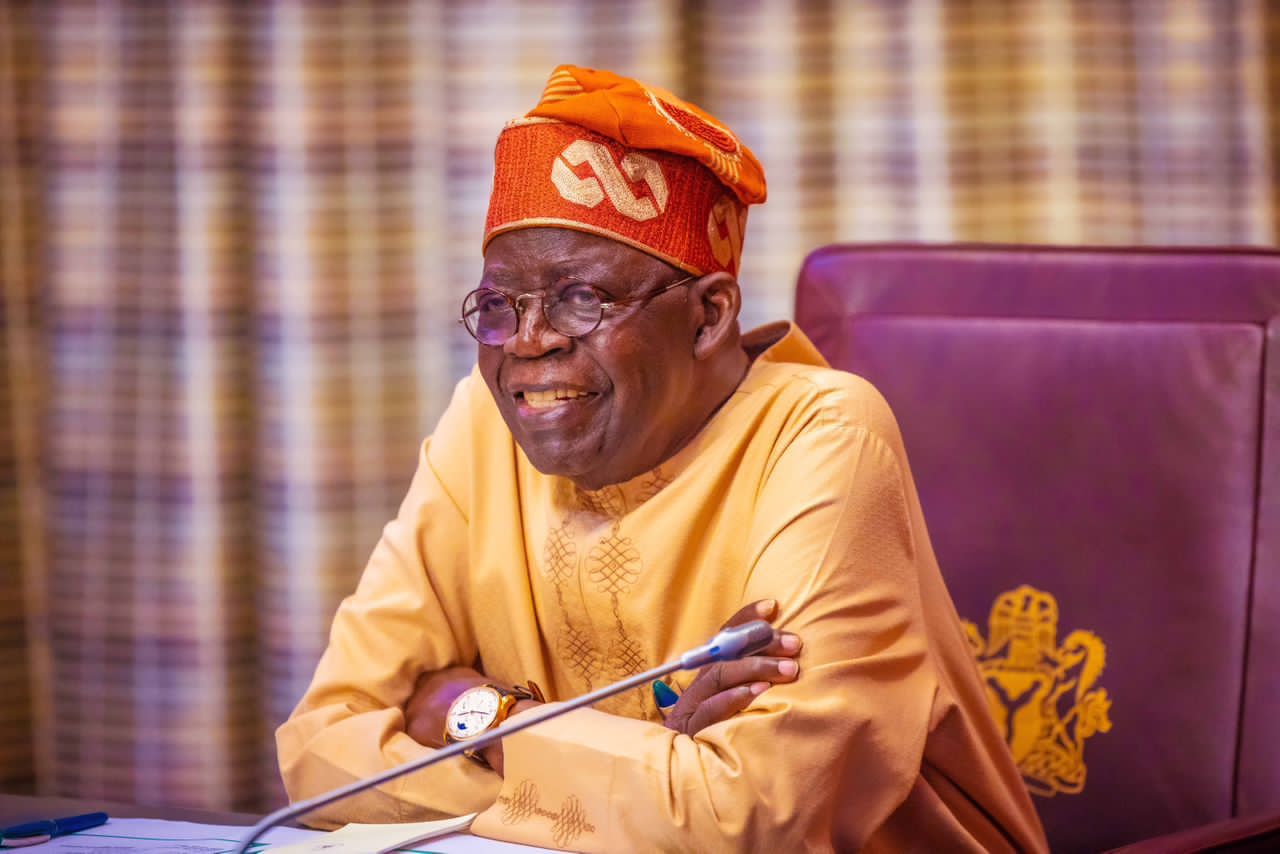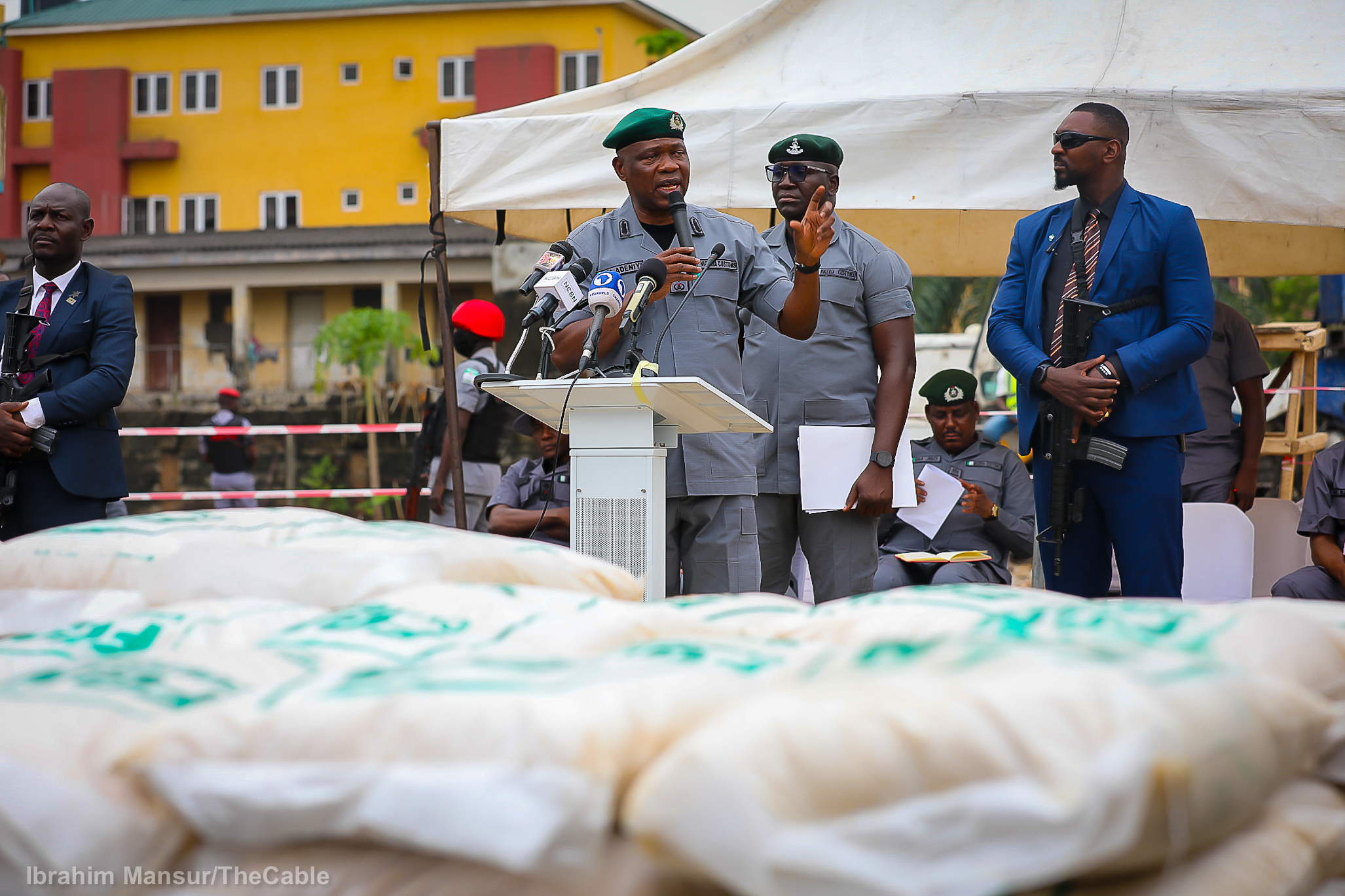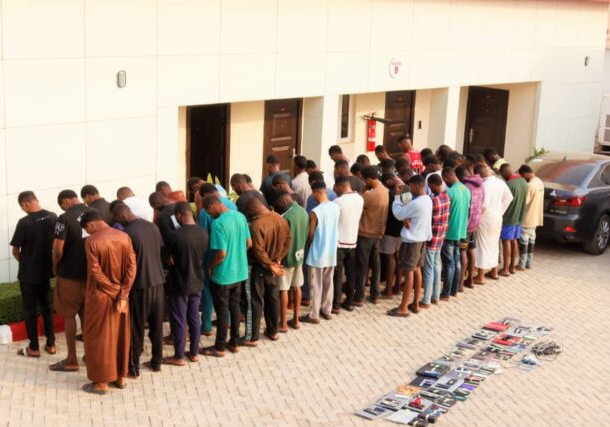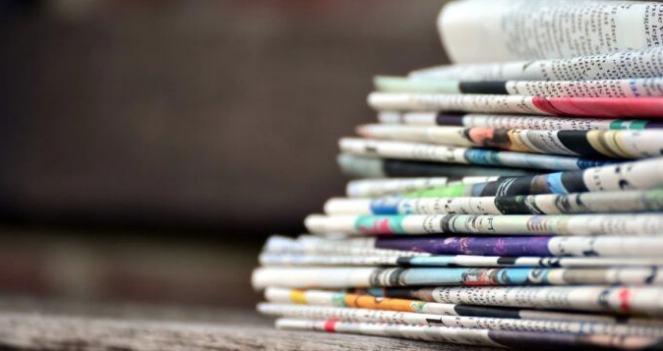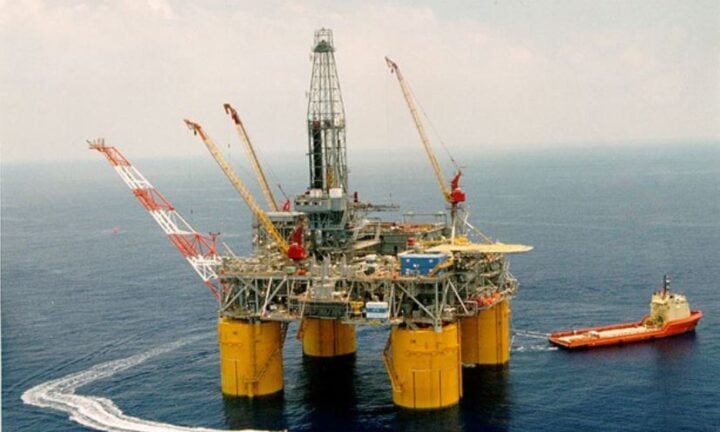The National Bureau of Statistics (NBS) says residents of Kebbi, Zamfara, and Taraba states paid the highest amount for premium motor spirit (PMS), better known as petrol, in January 2024.
On Thursday, NBS in its PMS report, said the average petrol price in the country was N668.30 per litre.
On May 29, 2023, President Bola Tinubu announced the end of petrol subsidy.
The decision, which led to a hike in the pump price of the product across the country, signalled an end to the federal government’s control of the commodity’s retail prices.
Advertisement
Following the announcement, the Nigerian National Petroleum Company (NNPC) Limited increased the petrol price at its retail outlets, with independent marketers following suit.
According to NBS, the average retail price paid by consumers in January 2024 represented a 159.92 percent increase, compared to N257.12 recorded in January 2023.
“The average retail price paid by consumers for Premium Motor Spirit (Petrol) for January 2024 was N668.30, indicating a 159.92% increase when compared to the value recorded in January 2023 (N257.12),” the bureau said.
Advertisement
“Likewise, comparing the average price value with the previous month (i.e. December 2023), the average retail price decreased by 0.53% from N671.86.”
On state profile analysis, Kebbi state stands out with the highest average price at N796.67 per litre, followed by Zamfara and Taraba at N771.43 and N704.11, respectively.
On the other hand, residents in Kwara, Niger, and Kogi states enjoy the most affordable petrol, averaging N614.90, N624.04, and N626.79 per litre, respectively.
However, regional, the north-west holds the highest average price of N701.60, while the north-central recorded the lowest average of N632.86.
Advertisement
Meanwhile, in February, queues for petrol resurfaced in some parts of Lagos and Abuja after the Nigerian Association of Road Transport Owners (NARTO) directed petroleum tanker drivers to withdraw their services.
The directive followed NARTO’s request to oil marketers for freight rates to be reviewed after the deregulation of the downstream sector.
In a letter dated February 15, 2024, addressed to the Nigeria Union of Petroleum and Natural Gas Workers (NUPENG), the association said oil marketers turned down its request, stating that it can no longer continue with operations due to the state of the economy.
On February 20, NARTO suspended the nationwide strike following a meeting with the federal government on February 19.
Advertisement
Add a comment

